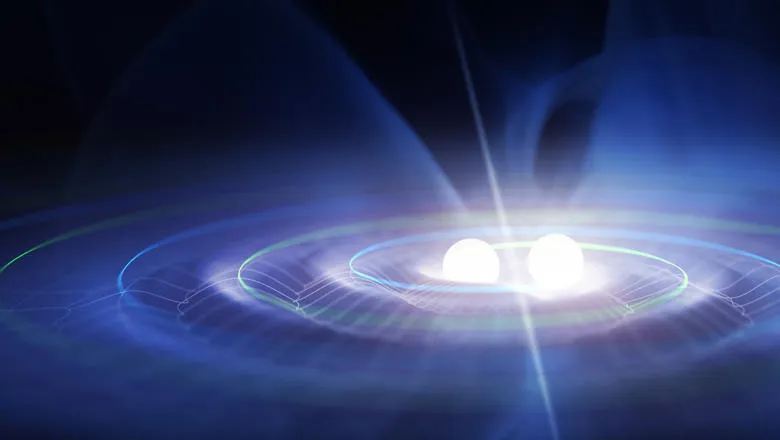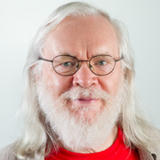There is a lot we still don’t know about the way the universe works. This new project is an opportunity to use quantum mechanics to tackle key open questions in fundamental physics, astrophysics and cosmology, such as the nature of dark matter and the origins of gravitational waves".
Professor John Ellis
13 January 2021
King's physicists contribute to research into quantum technologies
King's is contributing to research in quantum technologies

King’s Physicists are playing a key role in the Atom Interferometry Observatory and Network (AION) project, and the Quantum Simulators for Fundamental Physics (QSimFP) project launched by the UKRI Science Technologies and Facilities Council.
King’s has established expertise in quantum technologies. A team led by Professor John Ellis, Dr Diego Blas and Dr Chris McCabe will work with the AION project to develop understanding of the scientific signals it identifies and prepare theoretical interpretation of the data. The new Head of Physics at King’s, Professor Ruth Gregory, is the Theory Coordinator for the QSimFP project on Quantum Black Holes and the Quantum vacuum.
The AION and QSimFP projects are part of the Quantum Technologies for Fundamental Physics programme established by STFC to demonstrate how the application of quantum technologies can improve understanding of fundamental physics.
Commenting on the inspiration for the AION project, John Ellis said:
On the QSimFP project, Ruth Gregory added:
Our team will use quantum simulators to mimic the extreme conditions of the early universe and black holes. This is a unique opportunity to test some of the ideas and methodology that underpin our understanding of how gravity interacts with quantum theory. “There are clearly great synergies between these two projects, and we are hoping to develop common future research themes towards the goal of Quantum Gravity".
Professor Ruth Gregory



